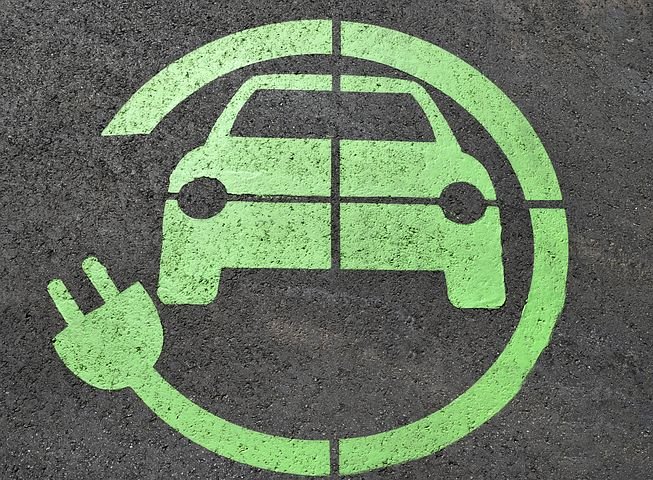
Most experts agree that electric cars are cleaner than the traditional cars powered by fossil fuels, but the question is by how much? Breaking down the stages of both life cycles to compare can give us a better understanding and how the state you live in can affect the difference.
During the manufacturing of vehicles it has been demonstrated that an electric vehicle requires the consumption of more energy than cars that run on fossil fuels. A report from UCS describes an increase of manufacturing emissions of 15 percent in midsize electric vehicles and 68 percent for full size over a similar gasoline vehicle. The majority of this increase is due to the exotic materials in electric batteries that require more energy during resource collection, refining and manufacturing. Electric Vehicle manufacturing is still considered to be in its infancy, but as technologies improve this difference should reduce.

The energy consumption associated with the shipping of electric and gasoline vehicles will be similar due to the dominant variable being size rather than weight. As such we can assess any variation to be negligible between electric and gasoline vehicles.
In 2017, there were 199,826 electric vehicles out of a total of 17.2 million total cars sold in the US. We acknowledge that the energy consumed to sell an electric vehicle will be higher than gasoline, however small the difference, when taking account of factors such as sales numbers against dealership floor space, marketing and advertising, and other contributing sales services.
Once the vehicle hits the road we use a miles per gallon gasoline equivalent (MPGe) comparison for electric vehicles to compare with the MPG of gasoline cars. The equivalent MPG an electric vehicle is assessed by looking at the kWh it consumes during each charge and how far the car can travel on one charge. This equivalent MPG will actually vary from state to state depending on factors such as the type of power plant that supplies the energy, the efficiency of the electricity network and the time of day the car is being charged. For more accurate information regarding the calculation of emissions an electric car produces based on which state you are charging your electric vehicle in can be found on the US Department of Energy site.

Equation to calculate the MPGe of electric vehicles used by the EPA
The average MPGe of electric vehicles in 2017 was 103.8 and 76.1 when combined with Hybrid vehicles. The average MPG in 2017 of the remaining fossil fueled vehicles was 23.2. We’ve used the fuel economy data that’s supplied from the US Department of Energy and the EPA in our calculation.
These figures lead to a significant reduction in energy consumption for the electric car. A reduction, that accounts for the increased manufacturing energy by the end of the third year of operation. While there is little historical data on the lifetime of electric car batteries, if we take the most common warranty for the batteries at 8 years, it is reasonable to expect the lifetime energy consumption footprint to be significantly less than that of a gasoline vehicle.
While we can only use preliminary estimates for the life cycle assessment of the energy consumption of electric vehicles, it is clear that even for worst case scenarios the reductions are significant. As technologies improve to provide faster charging, greater range and improved manufacturing techniques, the benefits can only increase significantly.


